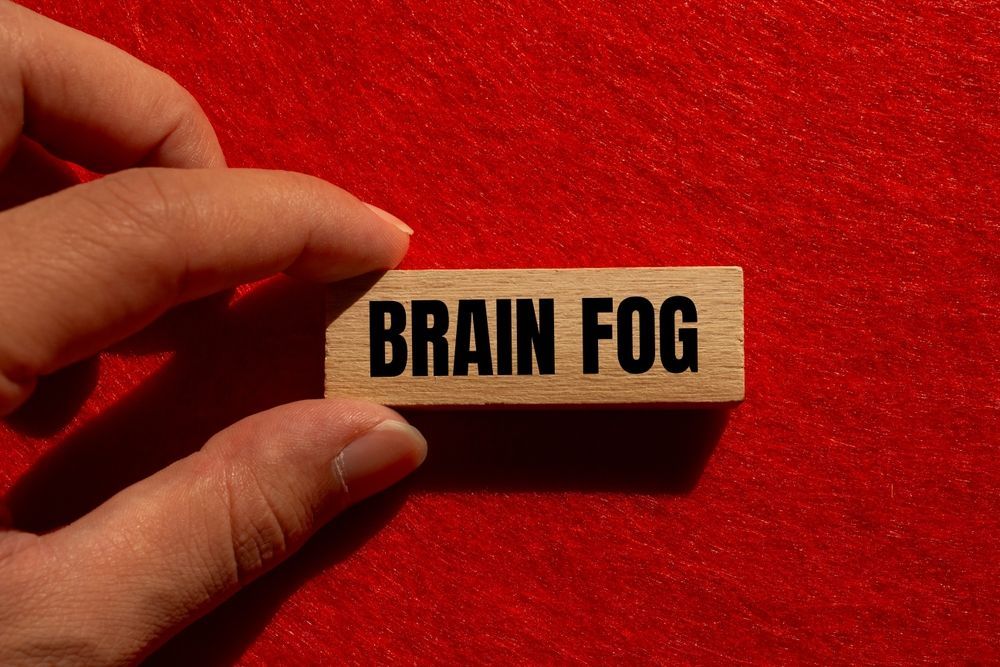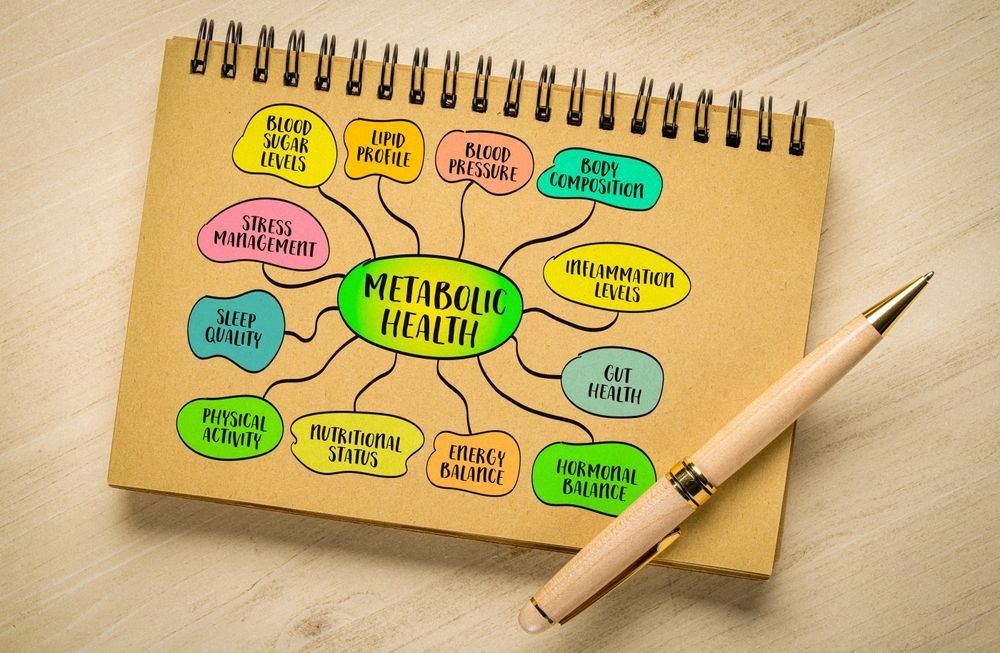How IV Therapy Helps in Reducing Post-Party Hangovers

Your head is pounding, your stomach is churning, and you're craving a miracle cure for that post-party hangover. Many people have turned to intravenous (IV) therapy as a quick fix for their hangover symptoms. But how does it actually work? In this article, we will explore the science behind hangovers, the basics of IV therapy, and how these two topics intersect for effective relief.
Understanding the Science of Hangovers
The Role of Dehydration in Hangovers
Dehydration is one of the most significant contributors to hangover symptoms. Alcohol is a diuretic, which means it increases urine production. As you drink, your body loses essential fluids, leading to dehydration. This depletion not only causes thirst but also headaches, dizziness, and fatigue.
Moreover, dehydration can affect your body's ability to function normally. It can lead to lower blood pressure, increased heart rate, and even gastrointestinal discomfort. This is why rehydrating is crucial for recovering from a hangover. Drinking water or electrolyte-rich beverages can help restore the balance of fluids in your body, alleviating some of the discomfort associated with hangovers. Additionally, consuming foods with high water content, such as fruits and vegetables, can further aid in rehydration and provide essential vitamins and minerals that may have been depleted during alcohol consumption.
The Impact of Alcohol on the Body
Alcohol affects various systems in the body. When consumed, it causes the release of inflammatory substances and disrupts the balance of neurotransmitters, potentially leading to mood swings and anxiety. Additionally, alcohol can disrupt your sleep cycle, leading to feelings of tiredness and irritability the next day.
The liver also plays a significant role in processing alcohol. Excessive consumption can lead to an overload, causing fatigue as the liver struggles to break it down. Recognizing how alcohol interacts with the body is essential for understanding why hangover symptoms occur. Furthermore, the byproducts of alcohol metabolism, such as acetaldehyde, are toxic and can contribute to feelings of nausea and malaise. This is why some individuals may experience more severe hangover symptoms than others, depending on factors such as genetics, overall health, and the type and amount of alcohol consumed. Understanding these biological processes can empower individuals to make more informed choices regarding their drinking habits and minimize the unpleasant effects of hangovers.
The Basics of IV Therapy
What is IV Therapy?
IV therapy involves administering fluids and nutrients directly into the bloodstream through a vein. This method allows for rapid absorption and can provide immediate effects, making it a popular choice for those looking to alleviate hangover symptoms efficiently. The process is generally quick, often taking less than an hour, and patients can relax in a comfortable setting while receiving their treatment, which adds to the overall experience.
Typically administered in clinical settings, IV therapy can be personalized to meet individual needs. Various ingredients can be included in the IV solution, targeting specific symptoms or conditions, including dehydration and nutrient deficiency. For instance, athletes may benefit from tailored formulations that enhance performance and recovery, while individuals recovering from illness might require a different blend to boost their immune system and energy levels.
The Components of an IV Therapy Solution
An IV therapy solution usually comprises sterile water, electrolytes, and vitamins. Common components include:
- Saline solution for rehydration
- Electrolytes like sodium and potassium for replenishment
- B vitamins for energy support
- Vitamin C for enhanced recovery
This combination helps restore hydration levels, balance electrolytes, and replenish lost nutrients quickly and effectively. Additionally, some clinics offer specialized additives such as glutathione for detoxification, or amino acids to support muscle recovery, making the therapy even more versatile. The ability to customize these solutions means that patients can receive treatments that are specifically designed to address their unique health concerns, whether they are recovering from a strenuous workout, managing chronic fatigue, or simply seeking to boost their overall wellness.
The Connection Between IV Therapy and Hangovers
How IV Therapy Addresses Dehydration
Since dehydration is a primary cause of hangover symptoms, IV therapy can play a significant role in alleviating those effects. By delivering fluids directly into the bloodstream, IV therapy bypasses the digestive system, allowing for faster rehydration.
Patients often report feeling relief within minutes of starting the treatment. The rapid infusion of fluids can quickly restore hydration levels, easing headaches and improving overall energy.
Replenishing Nutrients with IV Therapy
Along with hydration, IV therapy can restore essential vitamins and minerals that may have been depleted during a night of drinking. For example, B vitamins can help improve metabolism and energy levels, while vitamin C plays a role in reducing inflammation.
This replenishment assists the body in recovering from the after-effects of alcohol more efficiently, helping you return to your normal self faster.
The Benefits of Using IV Therapy for Hangovers
Speed of Relief with IV Therapy
One of the main benefits of IV therapy is the speed at which it works. Many individuals who have tried it experience almost immediate relief from their hangover symptoms. Unlike traditional remedies, which may take time to kick in, IV therapy delivers hydration and nutrients directly, resulting in a rapid response.
The Convenience of IV Therapy for Hangovers
Another advantage is the convenience of receiving IV therapy. Many clinics offer mobile services, allowing therapists to come to your home or location of choice. This ease of access makes it a practical option for those unable or uninterested in visiting a clinic after a night out.
Safety and Considerations for IV Therapy
Potential Side Effects of IV Therapy
While IV therapy is generally safe, it is essential to consider potential side effects. Some individuals may experience minor discomfort at the injection site, dizziness, or allergic reactions to specific components. It's important to communicate any pre-existing conditions or concerns with your healthcare provider before starting treatment.
Who Should Consider IV Therapy for Hangovers?
IV therapy can benefit a wide range of individuals, particularly those who frequently experience severe hangover symptoms. However, it is especially useful for those with medical conditions that affect their hydration abilities or nutrient absorption.
If you’re considering IV therapy to alleviate hangovers, consult with a medical professional to ensure it's the right choice for you. Ensuring that you understand your body's needs will facilitate a more effective treatment experience.
In conclusion, IV therapy presents a promising solution for those seeking quick relief from hangover symptoms. By addressing dehydration and replenishing lost nutrients, it can significantly improve recovery time, allowing you to bounce back sooner from your night of fun.










